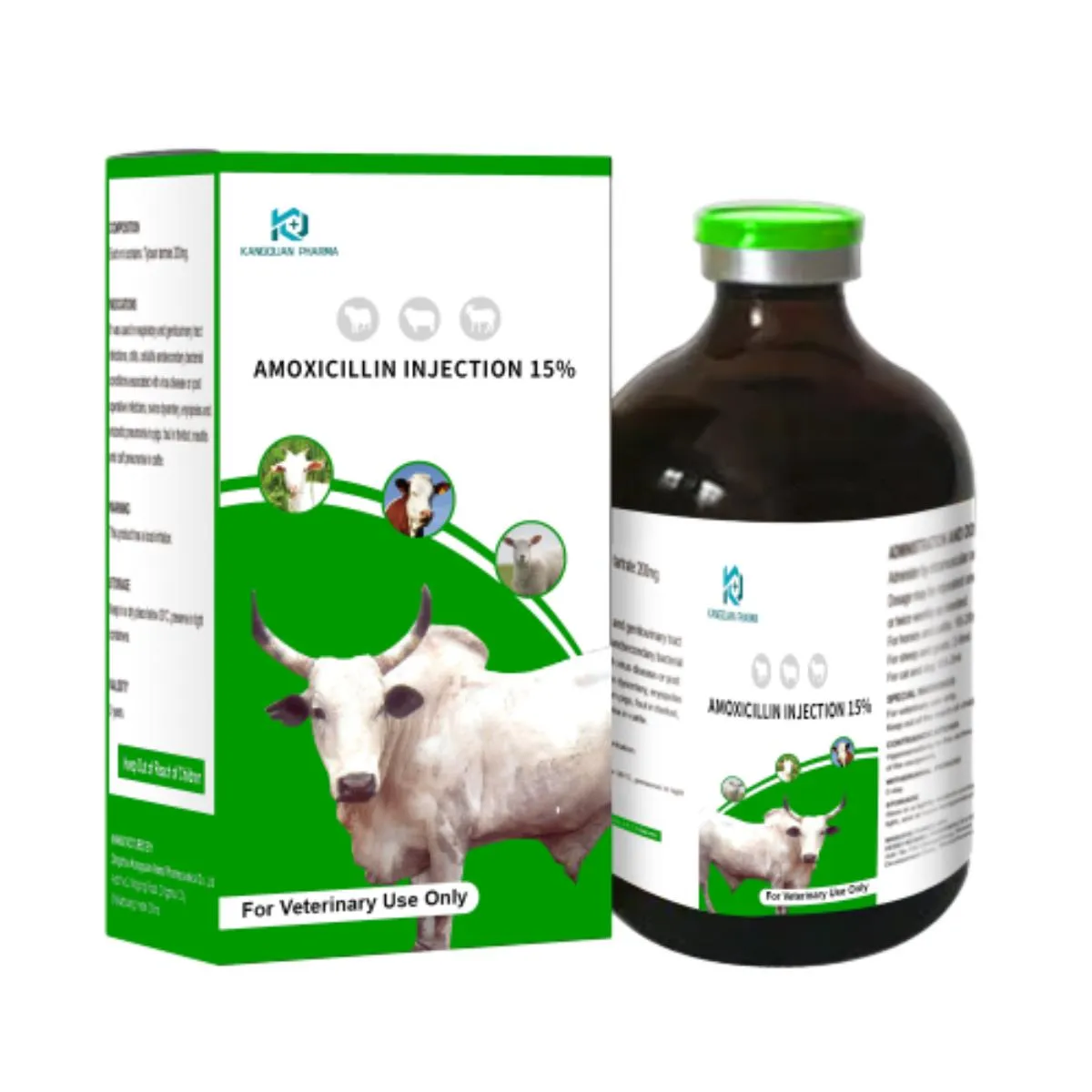- Afrikaans
- Albanian
- Amharic
- Arabic
- Armenian
- Azerbaijani
- Basque
- Belarusian
- Bengali
- Bosnian
- Bulgarian
- Catalan
- Cebuano
- Corsican
- Croatian
- Czech
- Danish
- Dutch
- English
- Esperanto
- Estonian
- Finnish
- French
- Frisian
- Galician
- Georgian
- German
- Greek
- Gujarati
- Haitian Creole
- hausa
- hawaiian
- Hebrew
- Hindi
- Miao
- Hungarian
- Icelandic
- igbo
- Indonesian
- irish
- Italian
- Japanese
- Javanese
- Kannada
- kazakh
- Khmer
- Rwandese
- Korean
- Kurdish
- Kyrgyz
- Lao
- Latin
- Latvian
- Lithuanian
- Luxembourgish
- Macedonian
- Malgashi
- Malay
- Malayalam
- Maltese
- Maori
- Marathi
- Mongolian
- Myanmar
- Nepali
- Norwegian
- Norwegian
- Occitan
- Pashto
- Persian
- Polish
- Portuguese
- Punjabi
- Romanian
- Russian
- Samoan
- Scottish Gaelic
- Serbian
- Sesotho
- Shona
- Sindhi
- Sinhala
- Slovak
- Slovenian
- Somali
- Spanish
- Sundanese
- Swahili
- Swedish
- Tagalog
- Tajik
- Tamil
- Tatar
- Telugu
- Thai
- Turkish
- Turkmen
- Ukrainian
- Urdu
- Uighur
- Uzbek
- Vietnamese
- Welsh
- Bantu
- Yiddish
- Yoruba
- Zulu
Δεκ . 07, 2024 04:38 Back to list
ivermectin for cattle injectable
Ivermectin for Cattle An Overview of Its Use and Benefits
Ivermectin is a widely used antiparasitic agent that has significantly impacted veterinary medicine, particularly in livestock management. Among various applications, its use for cattle is particularly notable. This article explores the importance, benefits, and considerations surrounding the injectable form of Ivermectin in cattle.
What is Ivermectin?
Ivermectin belongs to a class of drugs known as macrolide endectocides, which are effective against a broad spectrum of parasites. These include gastrointestinal nematodes, arthropods, and ectoparasites such as mites and lice. First discovered in the 1970s, Ivermectin has since become a cornerstone in the treatment and prevention of parasitic infections in both animals and humans. The injectable formulation is popular in cattle due to its ease of use and efficiency in delivering the medication.
Benefits of Ivermectin in Cattle
1. Broad-Spectrum Efficacy One of the primary advantages of Ivermectin is its effectiveness against a wide range of parasites. In cattle, it is commonly used to treat infestations caused by roundworms, lungworms, and external parasites like ticks and flies. This broad-spectrum action helps enhance overall herd health by reducing the parasitic load.
2. Convenience and Administration The injectable form of Ivermectin allows for easy administration, especially in larger herds where oral dosing might be impractical. This method also ensures rapid absorption into the bloodstream and a more reliable therapeutic effect, minimizing the risk of underdosing or overdosing often seen with oral medications.
3. Prolonged Residual Activity Ivermectin has a prolonged residual effect, providing ongoing protection against reinfestation for an extended period after administration. This characteristic is especially beneficial during peak parasite seasons, thereby safeguarding cattle health and reducing the frequency of treatments.
4. Improvement in Growth and Productivity Effective parasite control results in improved health and welfare in cattle, which indirectly influences productivity. Animals free from heavy parasitic burdens generally exhibit better weight gain, higher feed efficiency, and improved reproductive performance. Consequently, this leads to increased profitability for livestock producers.
ivermectin for cattle injectable

5. Reduced Chemical Exposure The effective use of Ivermectin can lead to decreased environmental exposure to chemicals. By managing parasite populations effectively, the reliance on multiple chemical treatments can be reduced, which can have positive implications for both animal health and environmental sustainability.
Administration Guidelines
When using Ivermectin injectable formulations, it is crucial to adhere to the recommended dosages as specified by the manufacturer and the veterinary professional’s advice. Overuse or incorrect dosing can lead to resistance issues, reduced efficacy, and potential health risks to animals.
It is also important to monitor cattle post-treatment for any adverse reactions, although such reactions are generally rare. Cattle owners should be trained to recognize signs of discomfort or unusual behavior following the administration of Ivermectin.
Resistance Concerns
While Ivermectin remains a valuable tool in managing parasites, concerns about resistance are on the rise. Just like with antibiotics, overuse or misuse of antiparasitic medications can lead to resistant parasite strains, reducing the effectiveness of treatments. To combat this issue, rotation of products, integration of management strategies like pasture rotation, and regular fecal egg counts can help maintain the efficacy of Ivermectin and reduce the likelihood of developing resistance.
Conclusion
Ivermectin, particularly in its injectable form, plays a critical role in cattle management by effectively controlling a variety of parasitic infections. Its broad-spectrum efficacy, ease of administration, and prolonged residual effect make it a preferred choice among veterinarians and livestock producers alike.
Nevertheless, responsible usage is essential to combat the rising threat of parasite resistance. By adhering to best practices in administration and integrating comprehensive management strategies, cattle producers can ensure the sustained effectiveness of Ivermectin and safeguard the health and productivity of their herds for years to come.
-
Guide to Oxytetracycline Injection
NewsMar.27,2025
-
Guide to Colistin Sulphate
NewsMar.27,2025
-
Gentamicin Sulfate: Uses, Price, And Key Information
NewsMar.27,2025
-
Enrofloxacin Injection: Uses, Price, And Supplier Information
NewsMar.27,2025
-
Dexamethasone Sodium Phosphate Injection: Uses, Price, And Key Information
NewsMar.27,2025
-
Albendazole Tablet: Uses, Dosage, Cost, And Key Information
NewsMar.27,2025













